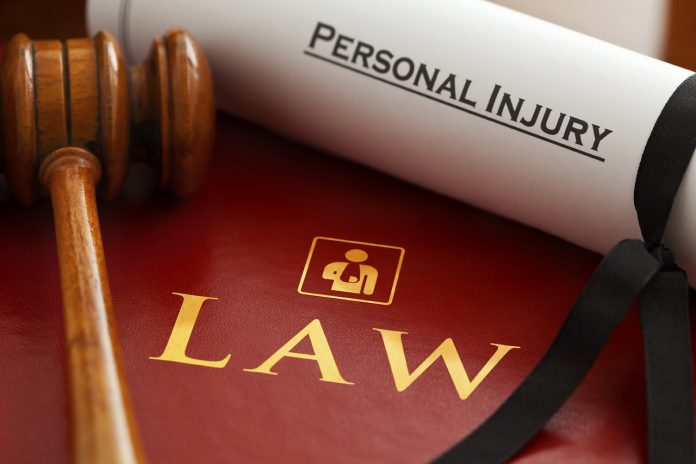Choosing a career path is one of the most important decisions that any professional will ever make. After all, it determines where their life will go and what objectives they will strive to achieve. For some, however, choosing a profession is something that presents no difficulty due to the fact that they already made their selection at a young age. A typical example of this would be people who become doctors. For them, the idea of working in that particular field probably presented itself when they were a teenager. Thus, going through the necessary education is more of a formality than anything.
Another very common profession that people get into due to their passions is the field of law. Becoming a lawyer is a long and difficult process characterized by a very difficult curriculum and one of the hardest certifications that exist – the Bar exam. Nevertheless, the number of people who decide to practice law has been holding steady for many years. To better understand this concept as well as what it actually takes to become a lawyer, one has to know everything about the job ranging from early education to long-term salaries. Thus, consider the following depiction of how a typical personal injury attorney, per se, will go about pursuing his or her goals in 2019.
A Basic Overview
Before getting into the details, it is important to know the actual definition of a personal injury attorney. For those unfamiliar, it is a civil litigator that represents individuals that have suffered some type of injury caused by another party. These injuries can range from very simple psychological ones to some extreme physical problems. Regardless of the situation, a personal injury attorney is the one who will argue on their client’s behalf and try to reach an outcome that they find favorable.
Schooling
As with every other attorney, a personal injury lawyer will have to attend law school for approximately four years. This time could fluctuate a little depending on their course load and how effective they are at completing their classes. After that, they will normally have to pass the Bar exam in order to work for some of the larger firms. Of course, none of this will be possible unless one gets their undergraduate degree as well.
So, the overall requirements are going to take anywhere from 8 to 10 years. In case of personal injury attorneys, however, some states require the so-called Multistate Professional Responsibility Examination (MPRE). This is another test that the candidate will have to pass by demonstrating sufficient knowledge of professional behavior.
Expected Income
According to KFB Law, trying to quantify the post-exam income level that an attorney will reach is quite difficult. The reason why is the fact that there are many different variables that have to be accounted for. Consider, for instance, lawyers that decide to stick with a large firm where they will eventually be promoted to a partner. For them, a salary in the range of $100,000 to $300,000 is more than realistic.
Others, however, are not so patient and they often pursue their own practices by opening their own law firms as sole proprietors or limited partnerships. Although their earning potential could reach the seven-digit range easily, they will normally have to spend more time building a brand and getting to a high salary than someone who works for an established organization.
Daily Routines
One of the perks of being a personal injury lawyer is that the job will mandate one to stay in constant touch with their clients. Thus, although most cases are not handled through a team-based approach, the lawyer will not lack any interaction with others. This helps make the career much more interesting. After all, getting to meet with clients frequently helps keep the attorney engaged with the case and further feeds into their passion for this particular profession.
It is important to note, however, that there are no major daily routines as people who do this job tend to have a lot of different duties that overlap. Sometimes, they may spend an entire day at the office working on a court case that is coming up. Then again, there are times when they may not even step foot inside of their office due to a series of meetings, conferences, continuing education courses, and so on.
Find a Home-Based Business to Start-Up >>> Hundreds of Business Listings.

















































